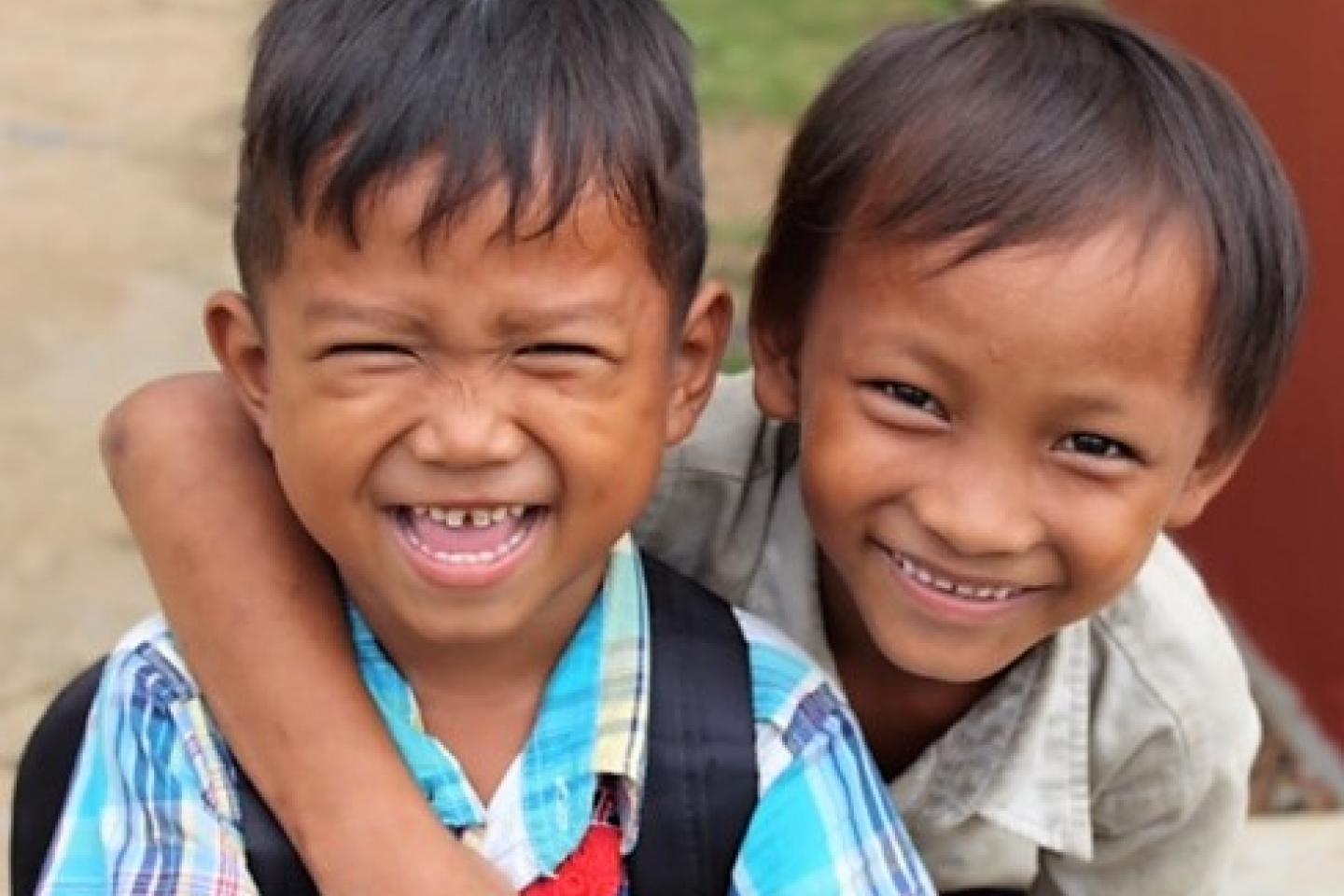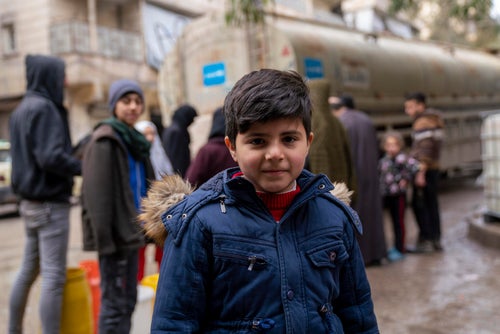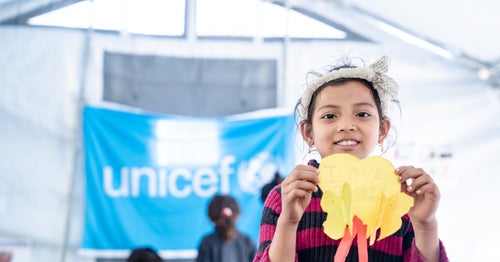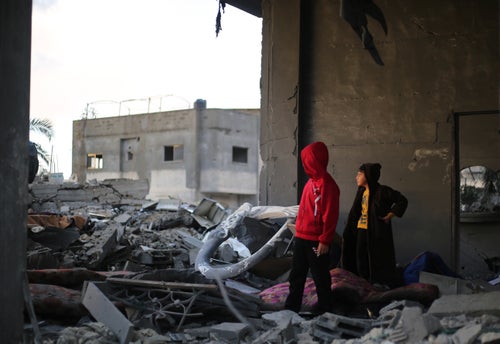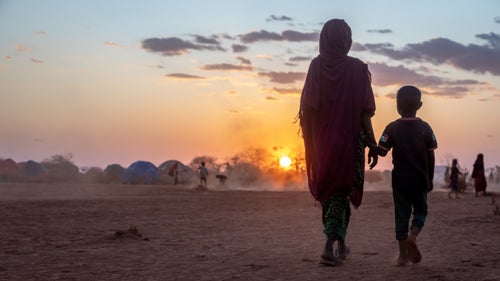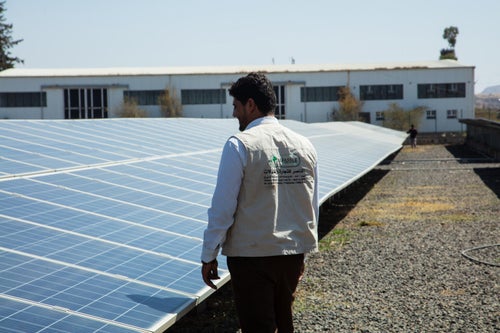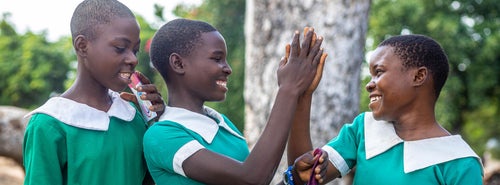Every child has a right to clean, safe water in schools.
Clean water, proper toilets and good hygiene are essential to the survival and development of children, yet seven in every ten pre-primary schools in Cambodia do not have access to these most basic facilities. The 2018 Joint UNICEF and WHO report for WASH in Schools highlights that schools which serve the youngest students tend to have the lowest WASH coverage, with 67 per cent , 74 per cent and 71 percent of pre-primary schools in Cambodia having no access to drinking water, sanitation and hand washing facilities, respectively.
Common consequences are diarrhoea and pneumonia, both infectious but preventable diseases which result from poor sanitation, hygiene behaviour and inferior water quality. As one of the most common causes of children’s absence from school, they also cause chronic malnutrition, poor growth and are a leading cause of mortality for children under five years in Cambodia. A clean school environment is a precondition for children to reach their potential. It should be a place for learning and development, not threaten a child’s health. UNICEF, in partnership with BORDA, has been supporting the Ministry of Education, Youth and Sport to achieve its goal that every school will have access to WASH facilities by 2025.
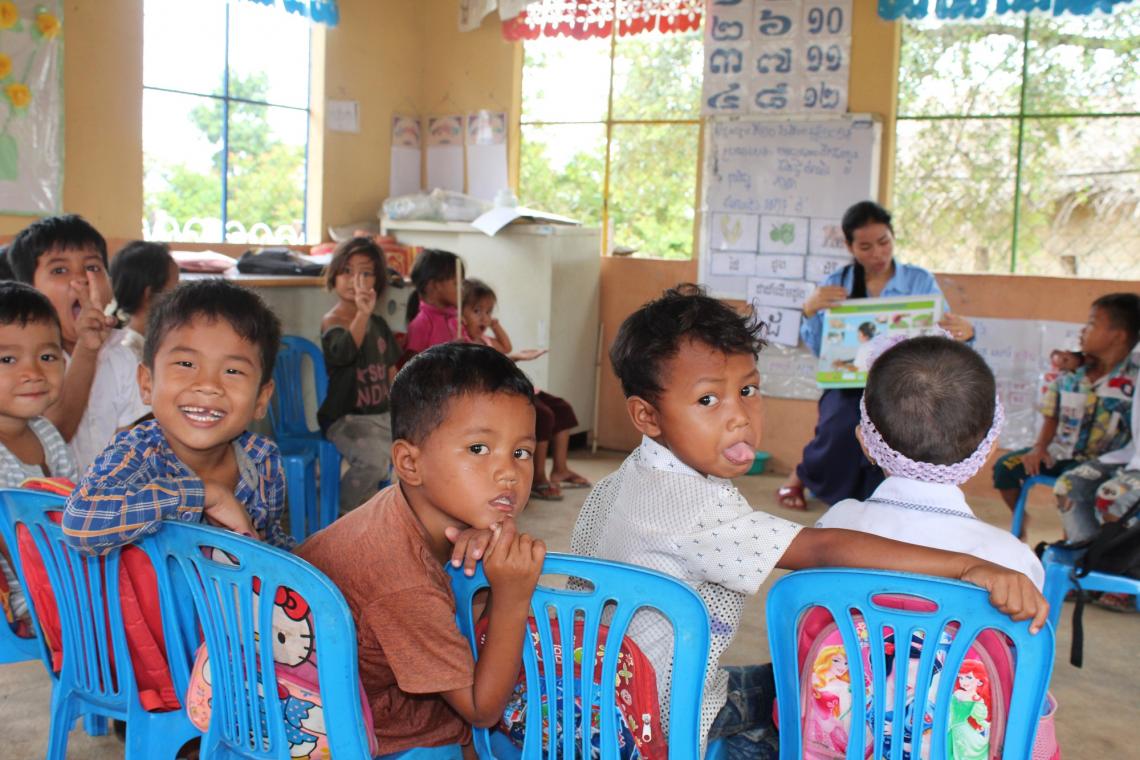
The cheeky pre-school children know their stuff when it comes to WASH. Acknowledging the younger children’s different learning styles and inability to understand complex concepts has been crucial for successful WASH education in this school. Interactive learning and playful engagement has encouraged the children to put their new habits into practice. Children have two songs, one for handwashing and one for using the toilet, which they proudly sing. Songs are an excellent way to teach young children good behaviour and skills, and an important part of any pre-school classroom. Despite needing more frequent reminders and closer supervision from their teacher compared to the older primary school children, these young students know what to do once they arrived at their adjacent toilet block. They told us all about how and when to wash their hands and how to drink safe water. One five-year-old boy blew us away with his knowledge of the dangers of bacteria, and how to prevent illnesses like diarrhoea. Their knowledge was testament to the teacher’s ability to make hygiene actions interesting and fun.
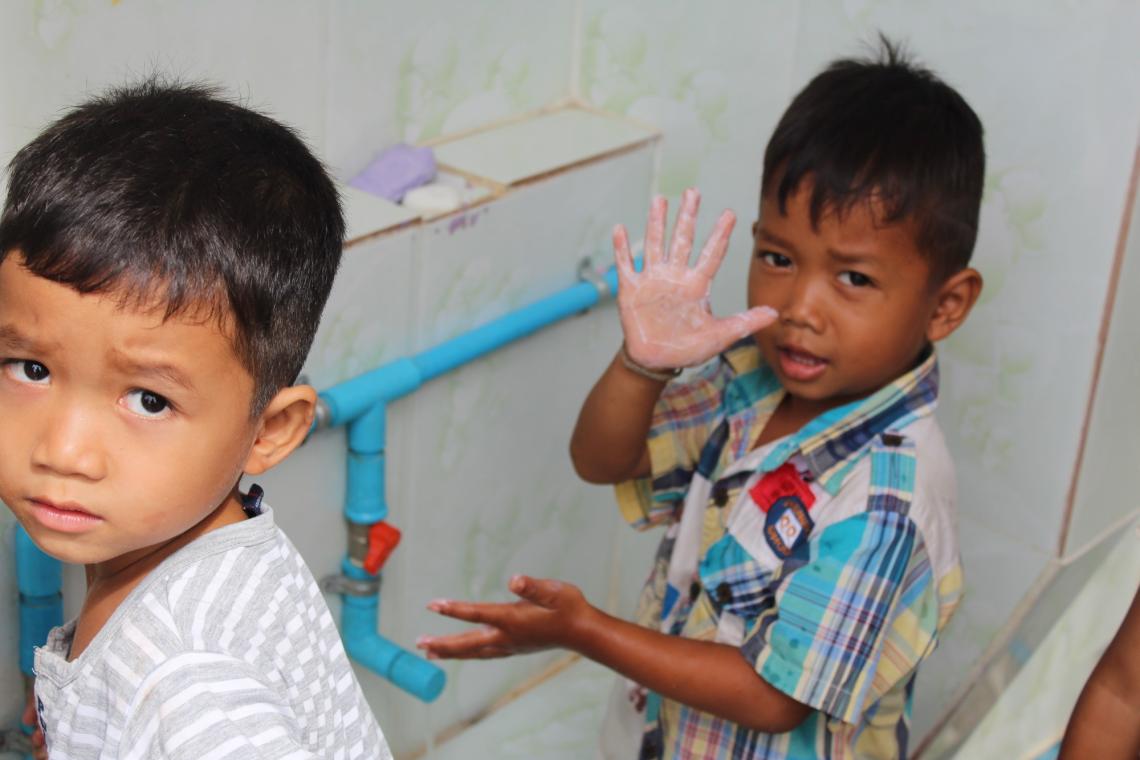
Studies show that handwashing with soap can reduce diarrhoeal disease by up to forty-eight per cent and improving water quality can reduce it by seventeen per cent. Providing basic sanitation facilities, and keeping children hydrated with safe drinking water, can significantly reduce absenteeism. UNICEF’s WASH in Schools programmes is striving to ensure that every child can grow up and learn in a safe, clean environment with education and facilities tailored to their age and ability.
Before UNICEF’s intervention in the last quarter of 2018, the children used to defecate in the open. Now, thanks to Australian funding, the facilities are easily accessible with a low ramp, and well-maintained with bright colours and natural light. The pre-school toilets and hand-washing facilities were designed so that the teacher could monitor the child and ensure proper use. The older students in the primary school had a different toilet block with more privacy, separate toilets for the different sexes including toilets for students with disability and menstrual hygiene waste disposal. There was clean water for everyone to drink, with personalised small cups for the pre-primary students that are washed every morning.
UNICEF, in partnership with BORDA, has provided “a much cleaner, healthier environment to learn in”, according to the school director Hov Kimyin. He told us, “we have good facilities and I’m impressed how much the student’s health has improved”. With a good pipe supply, drinking water and enough toilets for everyone, he has noted a decrease in diarrhoea and better student attendance.
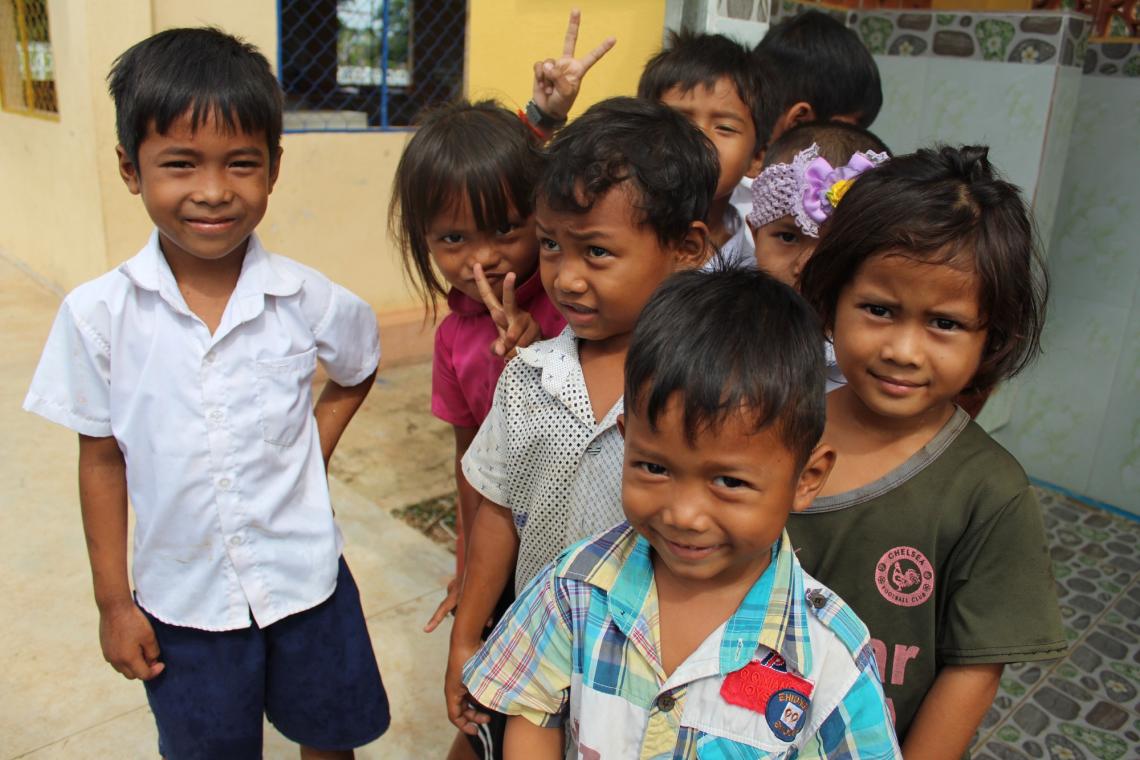
WASH education has been very effective in the Pre-primary school. Mik, a teacher and parent of a three-year-old student, said, “before I had to tell her to wash her hands. I don’t have to tell her anymore, she does it anyway.” UNICEF’s goal is to change attitudes about hygiene in a way that influences their behaviour and response to unhygienic situations. Children at the pre-primary school now seek out healthy choices – clean water, clean toilets, clean environments.
Related articles
Stay up-to-date on UNICEF's work in Australia and around the world



